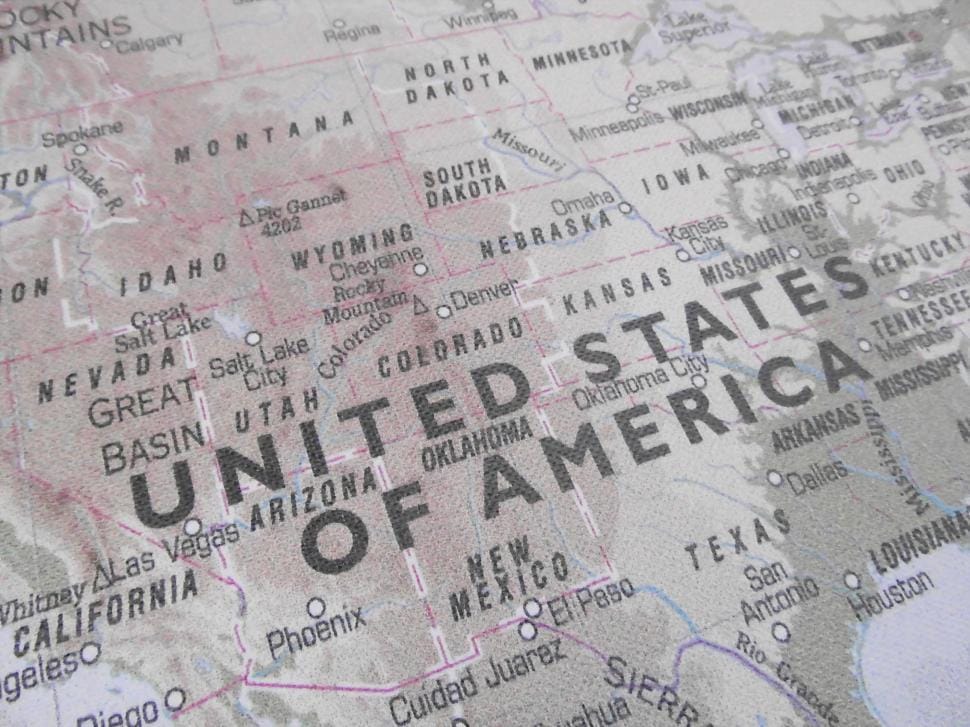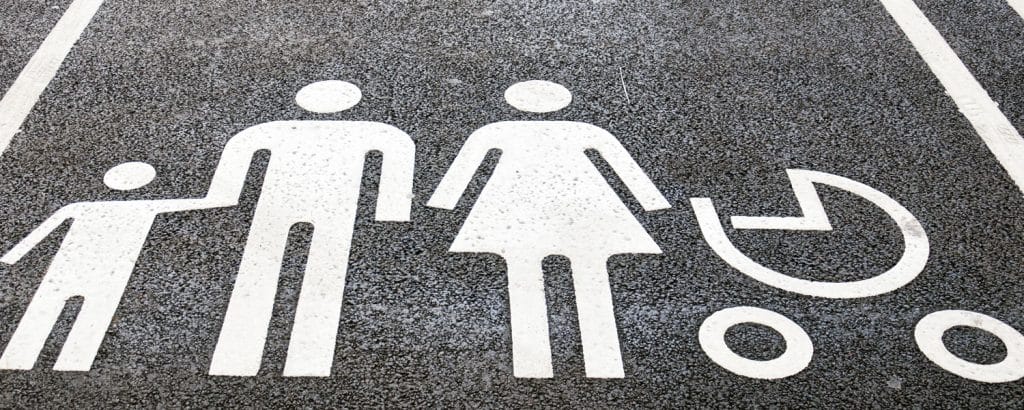Child support is a crucial aspect of ensuring the financial well-being of children when their parents live separately. The parent with majority custody is typically called the custodial parent, and they typically receive child support from the non-custodial parent. But what happens to child support when the custodial parent moves out of state? This situation raises important legal questions regarding child support, custody, and jurisdiction. In this article, we’ll explore what happens to child support when the custodial parent moves out of state and the legal processes involved in addressing this issue.
If you want to know more about “Moving Out of State Before Divorce is Final” then follow the link and read on!

Child Support and State Jurisdiction
Before learning about what happens to child support when the custodial parent moves out of state, it helps to learn about Child Support.
Child support laws are primarily determined at the state level in the United States. Each state has its own laws, guidelines, and agencies responsible for handling child support matters. However, these laws typically adhere to federal regulations outlined in the Uniform Interstate Family Support Act (UIFSA), which provides a framework for addressing child support cases that cross state lines.
When the custodial parent moves out of state, several key considerations come into play:
- Child Support Orders: Child support orders are typically established by the court in the state and county where the child resides. These orders specify the amount and frequency of child support payments. If the custodial parent relocates to another state, the existing child support order remains in effect.
- Jurisdiction: Jurisdiction refers to the legal authority of a court to make decisions in a particular case. When the custodial parent moves out of state, the question of which state has jurisdiction over child support matters becomes crucial. UIFSA provides guidelines for determining jurisdiction in child support cases.
- Uniform Interstate Family Support Act (UIFSA): UIFSA is a federal law that has been adopted by all U.S. states. It governs the enforcement and modification of child support orders across state lines. Under UIFSA, the state where the child currently resides retains jurisdiction over child support issues. This means that the custodial parent’s new state will typically defer to the original state’s child support order.

Addressing Child Support After Relocation
When the custodial parent moves out of state, several steps should be taken to address child support matters:
- Registering the Child Support Order: The custodial parent should register the existing child support order in the new state. This is typically done through the state’s child support enforcement agency. Registering the order ensures that the new state has the necessary information to enforce the order.
- Continuing Payment: The non-custodial parent must continue making child support payments as specified in the existing order, even if the custodial parent has moved. Failure to do so can result in legal consequences, including enforcement actions such as wage garnishment and even jail time. If you want to learn more about the consequences of missing child support payments check out “How Many Child Support Payments Can You Miss Before Jail Time?”
- Modification of the Order: If the custodial parent believes that a modification of the child support order is necessary due to changed circumstances, such as increased expenses related to the move, they can petition the court in the state where the child support order was originally issued. This is the appropriate avenue for requesting adjustments to child support payments.
- Enforcement Across State Lines: UIFSA allows for the enforcement of child support orders across state lines. If the non-custodial parent fails to make payments, the custodial parent can seek assistance from the child support enforcement agency in the new state, which will coordinate with the agency in the original state to enforce the order.
- Interstate Cooperation: States cooperate in child support matters through the Uniform Interstate Family Support Act and the Federal Parent Locator Service. These mechanisms help facilitate communication and enforcement efforts between states.

Challenges and Complexities
Child support cases that involve interstate relocation can be complex. Challenges may arise when different states have varying child support guidelines, enforcement mechanisms, and legal procedures. Additionally, disputes between parents over child custody and visitation can complicate matters.
To navigate these complexities effectively, it is crucial for both parents to communicate openly and work together in the best interests of the child. Mediation and legal counsel can help resolve disputes and ensure that the child’s needs are met. Mediation uses a third party negotiator to help parents come to an agreement. Quality legal representation from a family law attorney in your area can be very helpful when juggling complex divorce proceedings, especially when the other parent has moved out of state.
Conclusion: What Happens to Child Support When the Custodial Parent Moves Out of State?
When the custodial parent moves out of state, child support obligations remain in effect, and the existing child support order continues to govern payment terms. However, the process for addressing child support may involve multiple states, and jurisdictional rules are governed by UIFSA.
Both parents should stay informed about their rights and responsibilities under child support laws, and they should be prepared to work together to ensure that the child’s financial needs are met, even when living in different states. Legal counsel and the assistance of child support enforcement agencies can be invaluable in navigating the complexities of child support across state lines. Ultimately, the goal is to provide for the child’s well-being and financial stability, regardless of the custodial parent’s location.
MEET WITH AN ILLINOIS FAMILY LAW ATTORNEY TODAY
The Family Law attorneys at Koth Gregory & Nieminski understand that your family is the top priority, which is why we offer SAME-DAY APPOINTMENTS. If you need a divorce or other family law services, you can schedule your first meeting through our online appointment calendar. We look forward to meeting you.
Disclaimer: This article (What Happens to Child Support When the Custodial Parent Moves Out of State?) may contain information that is outdated as Illinois law continuously evolves. Meeting with an experienced family law attorney is the best way to ensure you are receiving the most current information to answer the question What Happens to Child Support When the Custodial Parent Moves Out of State?

Published by Dustin Koth on March 15, 2024
